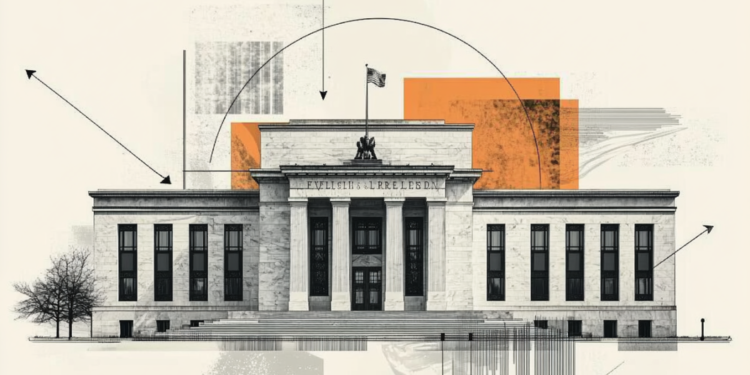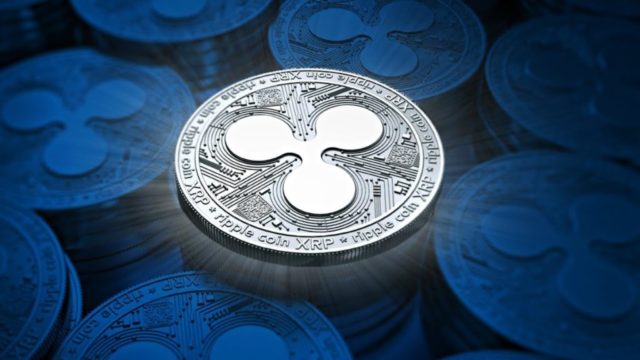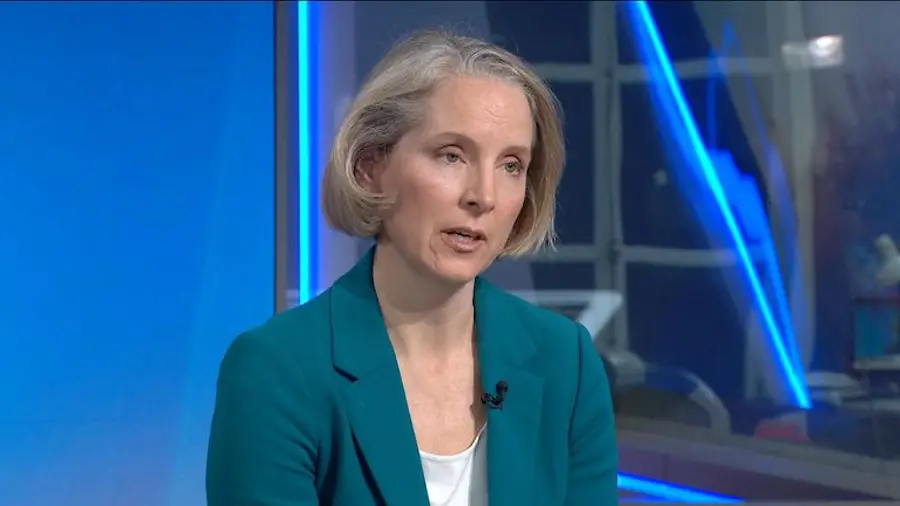Retail users will no longer be able to purchase cryptocurrencies using local credit cards. Virtual asset service providers will be prohibited from attracting such investors by giving away free tokens. Cryptocurrency providers will be required to inform clients about the risks of trading payment tokens, which are characterized by high volatility. Cryptocurrency service providers are strictly prohibited from offering leveraged transactions.
Cryptocurrency exchanges and wallet operators will be required to disclose potential conflicts of interest, publish payment token listing criteria and offering procedures, and submit customer complaint and dispute resolution policies to authorities. To avoid technological risks and hacker attacks, MAS will require DPT to maintain high security standards similar to those required of traditional financial institutions.
Rules for companies working with digital assets will come into force gradually, from mid-2024, following amendments to the legislation. MAS assures that crypto companies will have enough time to ensure compliance with the rules.
MAS previously proposed that DPTs check whether their clients understand the possible risks associated with trading before allowing them to invest in cryptocurrencies. In July, the agency published rules regarding the custody of client assets, citing the protection of the rights of institutional crypto investors. In August, the regulator presented several options for regulating stablecoins in Singapore, including minimum reserve requirements.
Source: Bits
I am an experienced journalist, writer, and editor with a passion for finance and business news. I have been working in the journalism field for over 6 years, covering a variety of topics from finance to technology. As an author at World Stock Market, I specialize in finance business-related topics.






